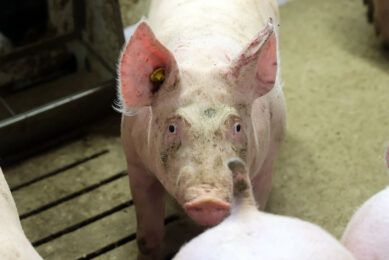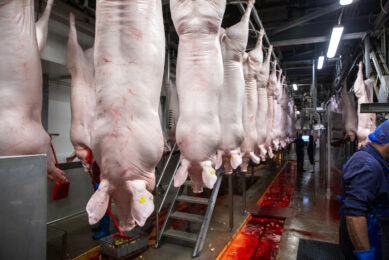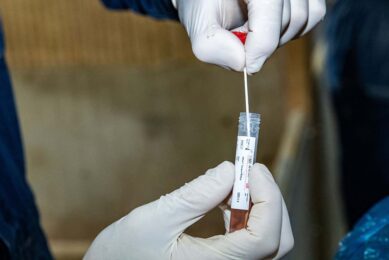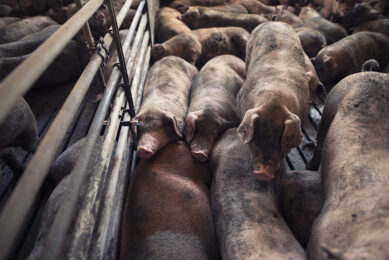Preliminary results of H1N1 research in pigs
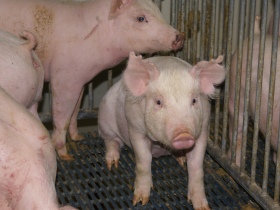
Preliminary results from three researches indicate that the novel influenza A virus (H1N1) is transmittable in swine populations, earlier Swine Influenza Virus immunity does not seem to protect against the virus, but the novel virus does not seem to affect any other tissue than the respiratory tract.
A British study, released in the end of May and, coordinated by the Veterinary Laboratories Agency in Weybridge, UK, found that the virus can be transmitted among pigs, but did not create any mortality.
“Pigs are susceptible to infection with influenza A (H1N1) virus that results in the induction of detectable levels of clinical disease, virus shedding and pathology in an experimental setting. Importantly, mortality was not a feature and infected animals were able to transmit the virus to naïve contact pigs successively for at least three cycles of transmission, suggesting the virus could become established in susceptible pig populations if introduced.”
Effect on tissues
By insulating four five-week old cross-bred pigs from a herd free of swine influenza virus (SIV) and PRRS, American researchers hoped to reach more knowledge about the question whether meat, blood and tissue from pigs infected with the new 2009 H1N1 Influenza A Virus is free of infectious virus.
The research, carried out by the American Research Service (ARS) and conducted at the National Animal Disease Center (NADC), yielded the result that “live 2009 A/H1N1 Influenza A Virus was only detected in the respiratory tract of infected pigs and the virus does not appear to spread and replicate in other tissues based on the day 5 post infection samples.”
Susceptibility to viruses
Another US research©focused on the question whether whether US commercial swine herds are susceptible to the 2009 A/H1N1 influenza viruses isolated from persons in California, New York and Mexico.
“Results of this experiment suggest that pre-existing immunity induced by swine influenza viruses circulating in the US swine herd may not protect pigs against the new 2009 A/H1N1 influenza viruses presently circulating in people. Importantly, vaccines currently used to protect pigs in US swine operations against swine influenza virus may not be effective against the new 2009 H1N1 influenza viruses.”
Related websites:
Veterinary Laboratories Agency (VLA)
British Department of Environment, Fisheries,©and Agriculture (Defra)
Agricultural Research Service (ARS)
United States Department of Agriculture (USDA)



